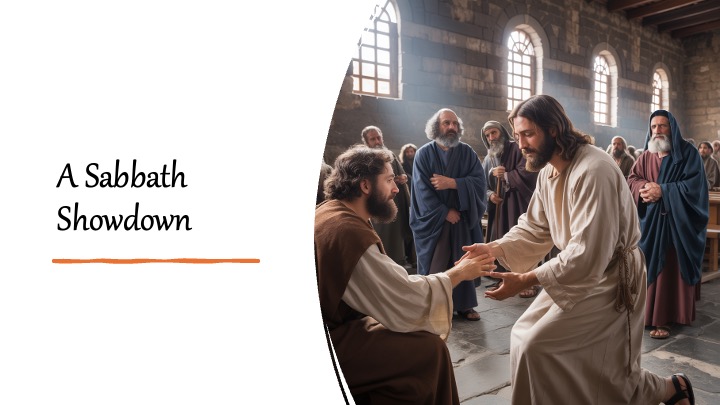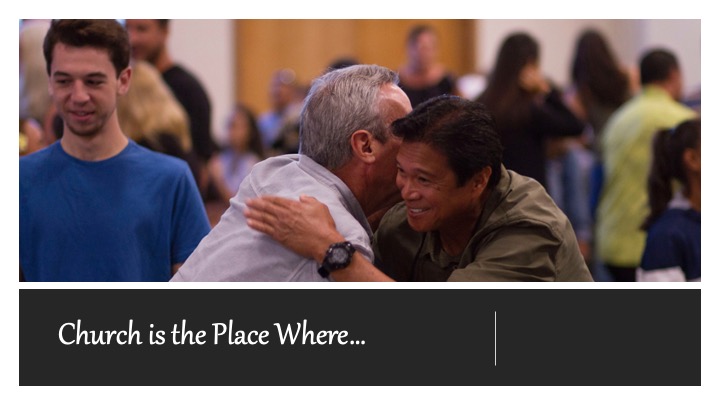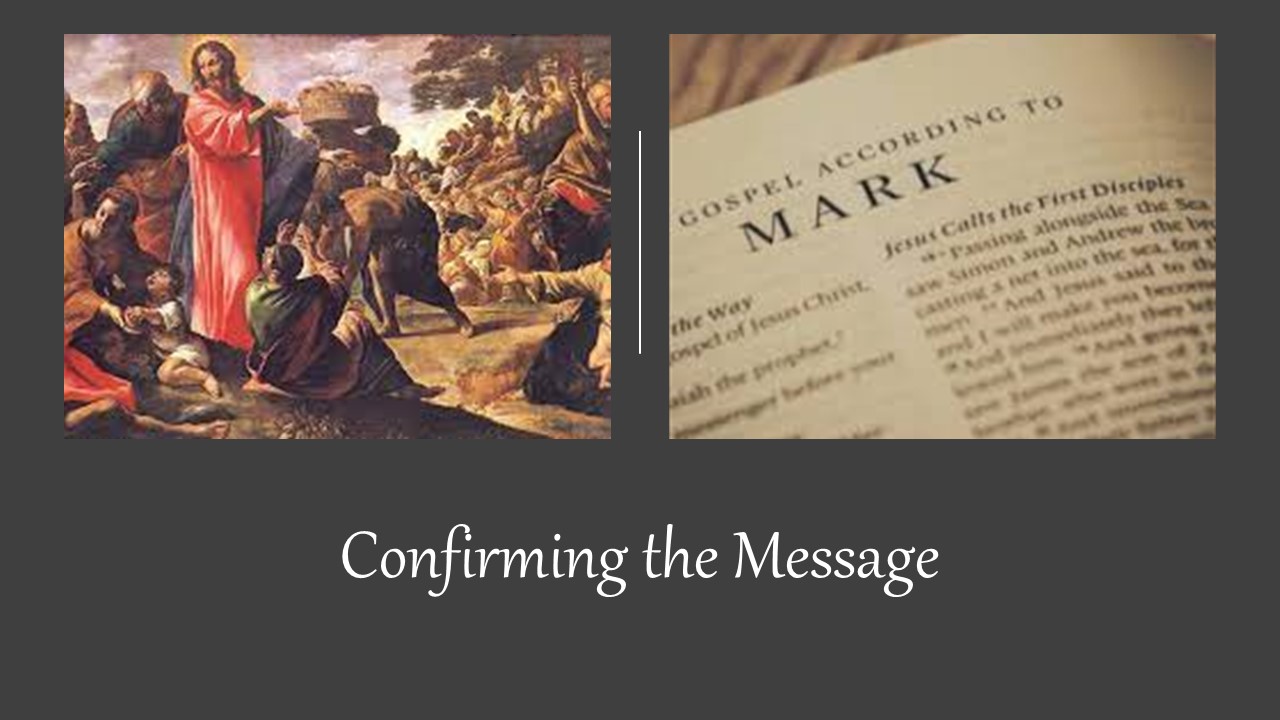Cain's construction of the first city, Enoch, represents a pivotal moment in human history, marking the beginning of urban life and organized society. This act, born from Cain's exile after murdering Abel, reveals humanity's complex relationship with progress and divine purpose. Cain, cursed to wander, built a city as a declaration of self-sufficiency, naming it after his son to establish a legacy in defiance of his fate. This act reflects the human desire for security, community, and remembrance, but also highlights the temptation to seek these apart from God. The irony lies in the fact that this first city, a symbol of human achievement, originated from one marked by divine judgment.
The city of Enoch became a symbol of humanity's capacity for both creation and rebellion. It represents the paradox of human progress, where advancements in technology and organization are often intertwined with spiritual regression. Cain's motivation stemmed from a desire to escape his divinely ordained wandering, seeking stability and a sense of belonging through human constructs. This reveals a fundamental human tendency to meet God-given needs through purely human means, a pattern repeated throughout history. The city, while offering physical security, could not address the spiritual void created by Cain's broken relationship with God.
Cain's city-building serves as a cautionary tale about the dangers of building without God. While human achievement and development are not inherently wrong, they become problematic when they replace our reliance on divine provision. The desire for security and significance is natural, but it must be rooted in God. Cain's story prompts reflection on our own motivations and the "cities" we build in our lives. Are we building in cooperation with God's purposes or in competition with them? True and lasting fulfillment, security, and legacy are found not in human constructions, but in a right relationship with the divine architect and builder.

In a tense Sabbath gathering at the synagogue in Capernaum, Jesus stands before a watchful and divided crowd. Among them is a man with...

Matthew is the only Gospel where the term “church” is found. In Matthew 16:13-19, we find Peter’s “great confession” that Jesus is “the Christ,...

We wrap up the book of Mark by exploring how this gospel is organized, speaking about the intended audience and comparing it to the...